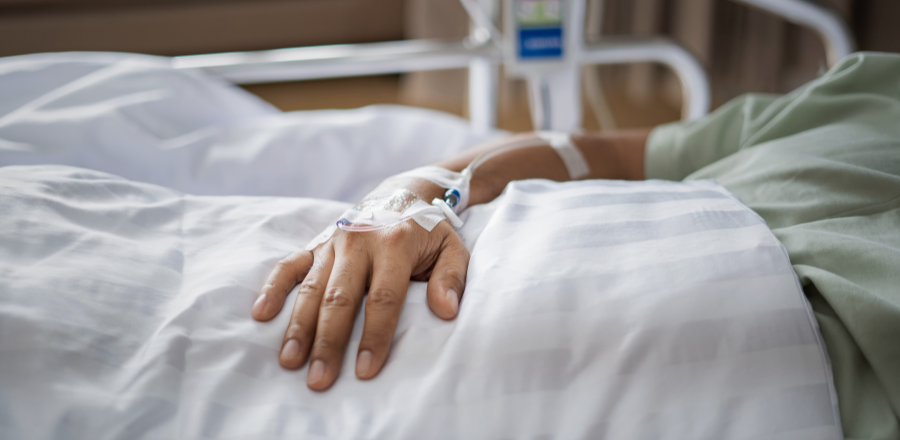Leading dust diseases law firm, Maurice Blackburn is urging the NSW government to act swiftly to implement reforms to improve the safety of stone workers and monitor their health.
Maurice Blackburn Associate, Timothy McGinley says it is welcome that the government has given in principle support to many recommendations put forward by the parliamentary committee investigating the response to the emerging silicosis epidemic.
“However, the real test for the government will be if it actually takes the necessary steps to protect current and past workers in the stone industry.
“These workers, many of them young people, can’t afford for the government to waste any more time”, Mr McGinley said
Some of the parliamentary committee’s recommendations supported by the government include a free screening service for all workers in the manufactured stone industry and the use of CT scans to better detect silica dust conditions.
The NSW government has also given in principle support to reducing the workplace exposure standard for silica dust further, but only if a Safe Work Australia investigation recommends it.
“It is disappointing, however, that the NSW government won’t support the proposal to introduce a registration system for all manufactured stone fabrication sites and employers as a way of ensuring safe work practices,” Mr McGinley said.
“But while we would have liked to see the government endorse all the committee’s recommendations, its public commitment to some of them is an important step forward for these workers and their families.
“NSW has already fallen behind other states in responding appropriately to this industry health crisis so it’s vital that the NSW government implement without delay strong and effective laws to protect stonemasons and ensure the regulator has appropriate funding and powers,” Mr McGinley said.
“Thousands of workers are exposed to dangerous levels of silica dust and many of them will develop silicosis, a debilitating and at times life-threatening chronic lung condition.
“We need to take the problem seriously and do everything we can to ensure the future safety of these workers and to support those already suffering ill-health just for doing their job,” Mr McGinley said.







